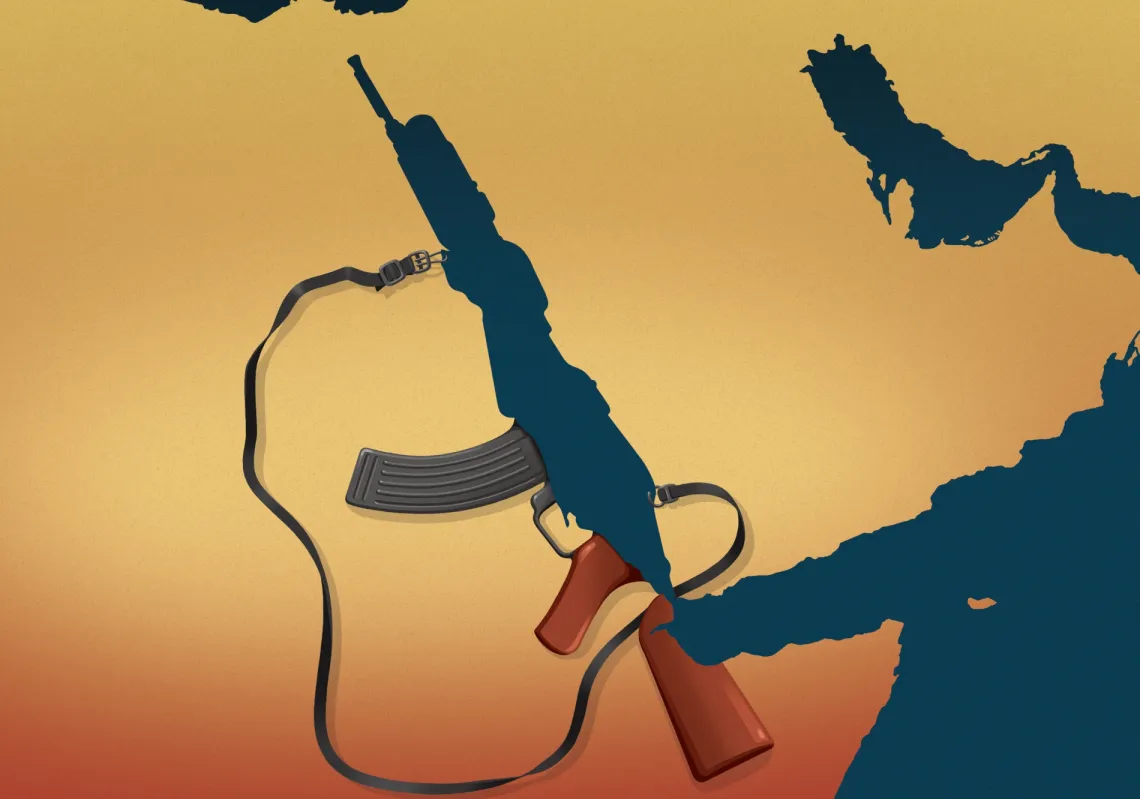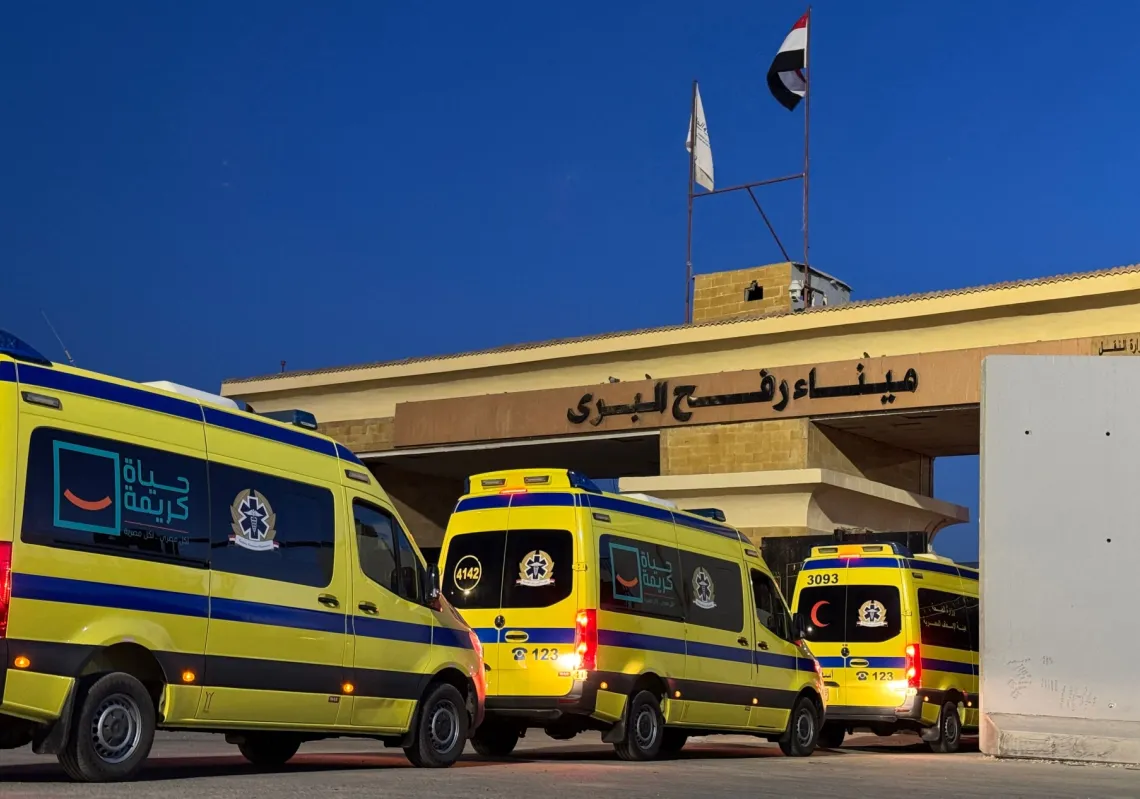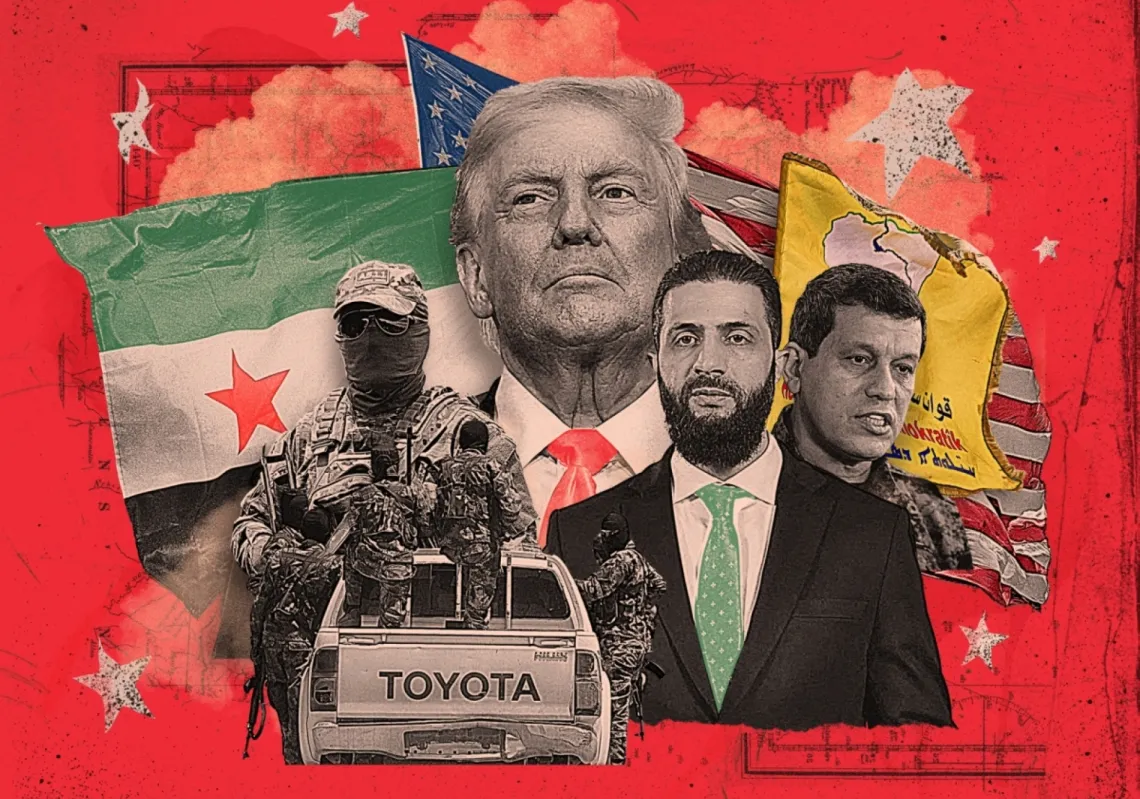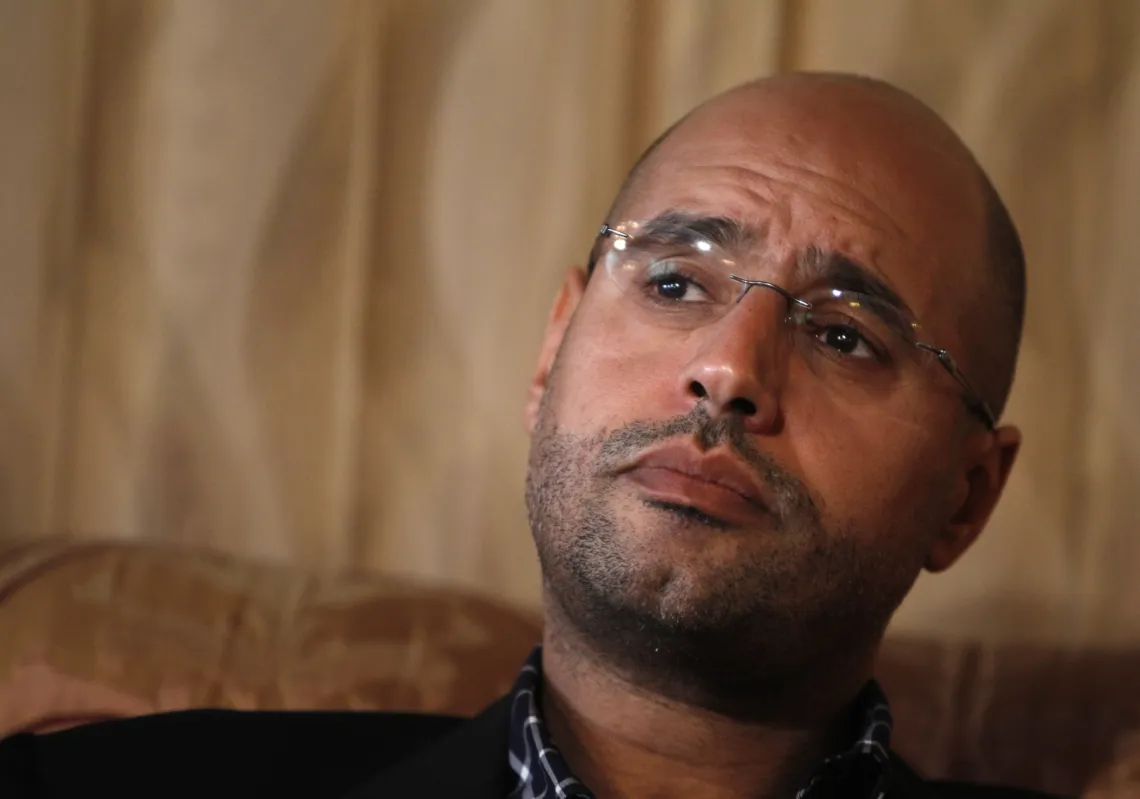France’s image in the eyes of the world has once again been shaken, by violent disorder across the country in an uprising led by third and fourth-generation immigrants.
It was sparked by the killing of a police officer of an Algerian youth – Nahel Marzouki – in Nanterre in the western suburbs of Paris. His death sparked riots in that part of the capital and the violence then spread to Marseille and Lyon, as well as other provinces, in clashes that revealed the depth of problems with race relations across the country.

Read more: Dissecting France's race problem
Some countries advised their citizens against travelling to France, and hundreds of travel and tourism companies cancelled thousands of hotel bookings, undermining an industry of great importance to the national economy at a crucial time of year.
But it was the extent and the sustained nature of the violence that was doing reputational damage to the country over and above the economic impact. Nanterre is home to about 100,000 people, most of whom are North African immigrants, or people of that heritage.
Julien Talpin – a sociologist at the French National Centre for Scientific Research – said the reaction of the youths to Nahel’s death “reflects an old state of congestion and a sense of economic exclusion and abuse by security forces, while successive governments have abandoned their social commitments to improve the conditions of slum dwellers.”















